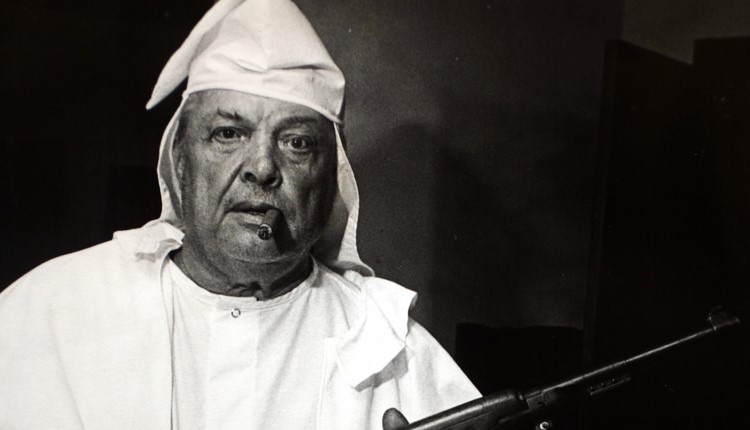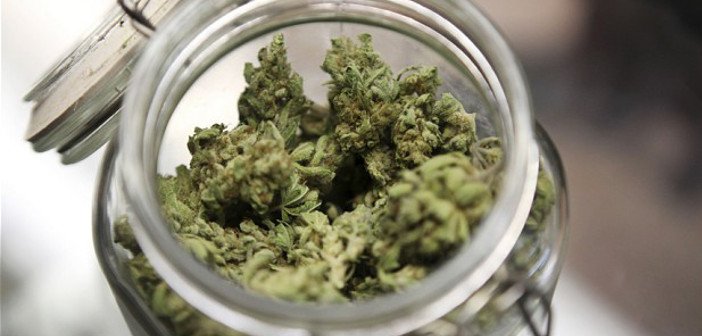How to be the Greatest Animals the Universe Has Ever Seen
Lost among all the venomous op-eds about listless millennials and their avocados is a simple fact: Generations Y and Z are far more optimistic than their elders.
In fact, after generations of fatalism, and even as they find themselves adrift in an uncertain economy with mounting debt, they’ve helped bring the very idea of positivity and emotional intelligence into the mainstream.
This isn’t a screed about one generation or another — it’s an appreciation of the manifold ways our thinking and our values can change dramatically in just a short time. Young people didn’t invent self-awareness or emotional intelligence, but they’ve helped prove that open-mindedness and an understanding of human emotional needs are the stuff utopia is made of.
What Is Emotional Intelligence?
The phrase “emotional intelligence” has been circulating among psychologists and social scientists for decades but has only recently been popularized. You might also know it as “emotional strength” — a quality many folks attribute to about 60 percent of our performance output in our professional lives. Others assert 90 percent of society’s “top performers” possess a high degree of emotional intelligence.
So what is it? For a start, it’s harder to quantify than your intelligence quotient, but it’s potentially even more important. Emotional intelligence begins with an understanding of the self — or, at the very least, a willingness to ask questions such as, “Why do I behave this way in situation X?” and “Do I practice altruism because it’s something I value, or because I expect something in return?”
Once we know ourselves a little better and spend more time studying our off-the-cuff emotional reactions to events beyond our control, we become better at understanding and trying to relate to others. Empathy is a huge component of emotional intelligence. When combined with an awareness of the self, a high degree of empathy makes it easier for us to seek out reasonable resolutions to even the most stubborn social impasse.
Just ask any reformed incel or Klansman what turned their life around. More often than not, it was the realization that their hatred for others was misplaced hatred for the self.

What Is Awareness?
Interestingly, researchers have come to recognize that Generations Y and Z appear to “grow up” more slowly than their parents and grandparents did. But that sort of depends upon how you define “grow up.” According to psychologist Jean Twenge, the so-called “iGens” postpone getting their driver’s licenses, hold off on having sex and even hang out and live with their parents for longer.
One might argue that those who are of millennial age and younger are taking more time to become aware of their surroundings and their place in the world — by choice and sometimes by necessity.
Whereas just a generation or two ago, American culture seemed uniquely insistent on shoving kids out of the nest and into self-sufficiency and life as a ruggedly self-determined individual, millennials seem to be taking some time to smell the roses a bit. And to travel. And to do some navel-gazing, which is how some of the best thinking happens in the first place.
Awareness is the opposite of myopia, which has been the creed humankind has lived by for a very long time. Our capitalistic and social models are almost explicitly aggressive in encouraging us to pursue selfish endeavors. In fact, Twenge continues her explorations of the millennial mind by pointing out that when a person’s surroundings and environment are perceived as competitive and hostile, teenagers (and human beings in general) live “faster” lives.
At the same time, living in such a fast-paced and apparently hostile world slows us to a crawl in other ways. You yourself have likely noticed one and probably several ways in which the development of human society seems to have hit a brick wall. We’re still fixated on borders as though they mean something. We pretend partisanship is a badge of honor. When we live “quickly,” we take many things for granted and keep our minds closed to new possibilities.
What About Open-Mindedness?
One of the reasons America can’t take a united stand on medical marijuana, for example, is because conventional wisdom and stigmas are comfortable, just like any type of belief. But when we lean on familiarity to inform our worldview, we end up closing our minds to brand new experiences that might — who knows! — actually be good for us. And good for the world too.
On this and many other issues, we close the door on something that could eliminate many forms of physical suffering and even uplift the human spirit.
In fact, if you look closely, our entire pantheon of “irreconcilable” social differences is chock full of ways we’re cutting ourselves off at the knees. Immigrants in America are controversial, you say? The degree to which immigrants enrich our culture and economy is definitely not.
Awareness of the world around us requires that we remain both mindful of the world’s shortcomings as well as unflinchingly optimistic about the future. Awareness is also in diametric opposition to fatalism, which is an almost unconscious (and incorrect) assumption that things can never get better or that they will always be as they are.
Attempting to change the mindset of older generations — or at least convince them that some forms of personal, social and geopolitical change are possible — is one of several burdens young people have taken upon themselves. The whole “teaching old dogs new tricks” thing doesn’t have to be a worry when we learn at a young age that the world is small, that we’re a tiny part of it and that pulling in the same direction uplifts each and every one of us.

Becoming a More Complete Citizen
As we’ve discussed, traditional measurements of a person’s success and state of mind are antiquated and probably have been for some time. It’s easy to derive self-worth and a feeling of superiority from factual knowledge and having a rhetorical quip at the ready at all times — but real completeness as a thinking, feeling human being requires more of us.
Open-mindedness begins with expanding the scope of your understanding. It means giving books a shot that, in another life, you’d never expect to open. It means puncturing your filter bubble and seeking out information that runs contrary to the beliefs you’ve long taken for granted.
And maybe most importantly, being a rational, clear-headed and emotionally stable world citizen means understanding what skepticism means and why it’s one of the highest human values. It’s not being a contrarian for the sake of it — it’s about taking everything in stride and nothing for granted.
Skepticism is dealing fairly with others, never assuming the worst and always giving your best. Nothing is necessarily true, so consider the source, follow the money and do some supplemental reading. Find out how other people live, and think and what they hold close to their hearts.
Why? Because the ultimate conclusion of opening your mind to new thoughts and new people is the inescapable conclusion that we’re all very much the same. Just a few chromosomes separate human beings from most of the animal kingdom. Most animals have little or no trace of self-awareness apart from hunger and terror, to say nothing of emotional intelligence. If that doesn’t sound like a challenge to be the greatest animals the universe has seen, then what’s the point of any of this anyway?
